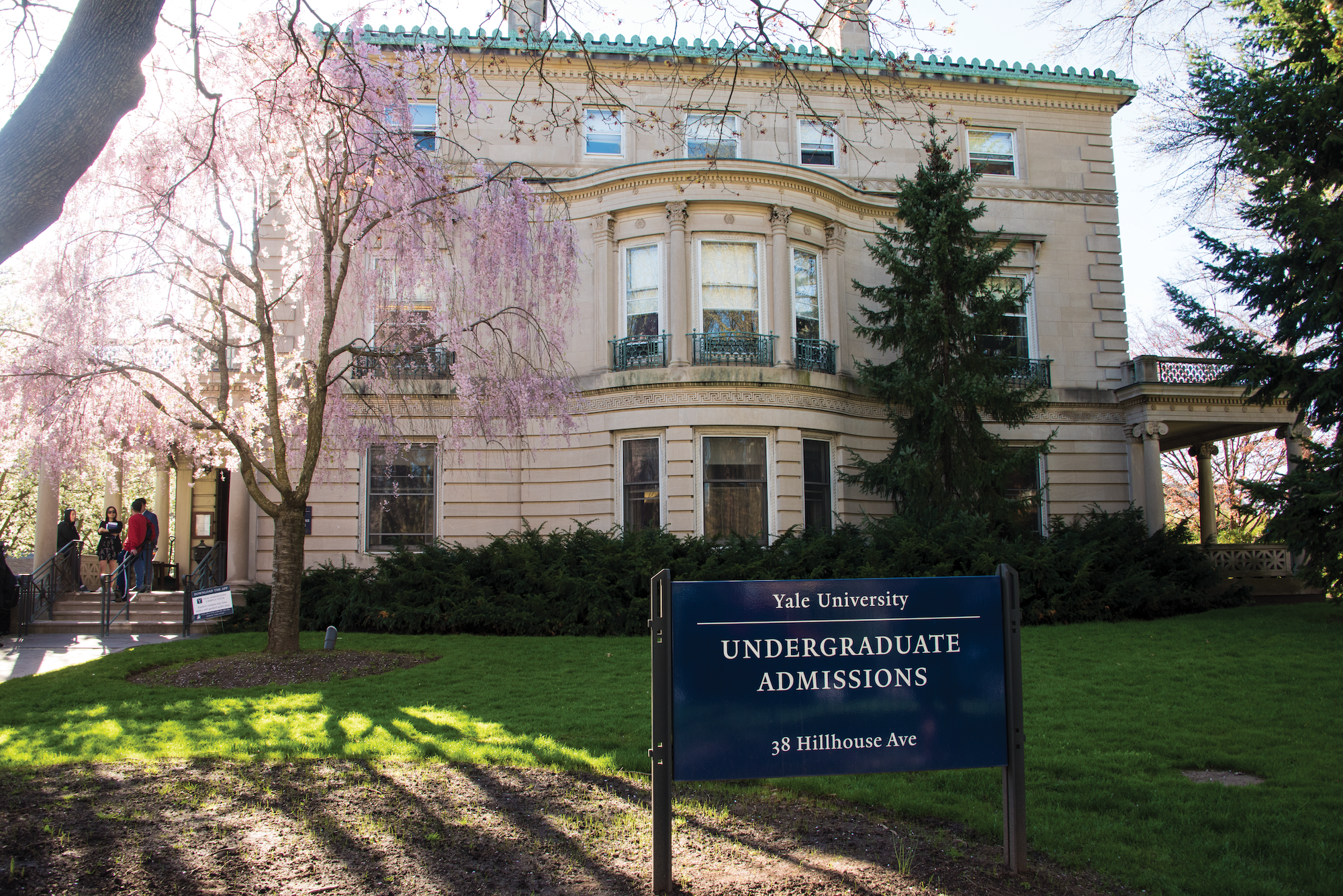Department of Justice and federal judge signal support for group suing Yale for admissions practices
Yale and its peer universities faced multiple setbacks in recent weeks regarding an ongoing lawsuit that challenges the universities’ claims that they employ need-blind admissions.

Yale Daily News
Yale and its peer universities faced multiple setbacks in recent weeks regarding an ongoing lawsuit that challenges the universities’ claims that they employ need-blind admissions.
The 568 Presidents group is a collective of 17 elite universities, including Yale, who use the same financial aid formulas. In January, 16 of the universities in the group faced a lawsuit alleging that they violated antitrust law by factoring financial need into admissions decisions. In February, the plaintiffs filed an amended complaint that accused every member of the group of examining need during their admissions processes.
In July, the Department of Justice filed a motion in support of the plaintiffs’ case and testified in the case’s early proceedings. Just weeks later, on Aug. 15, an Illinois judge rejected three motions to dismiss the lawsuit — one joined by all defendants, one filed by Yale and a joint motion signed by four other defendants. The universities’ arguments included that their actions are justified under Section 568 of the 1994 Improving America’s Schools Act and that the plaintiffs failed to prove that the universities violated the Sherman Antitrust Act of 1890.
“The Court finds that … the plaintiffs have sufficiently alleged that the defendants are not covered by the 568 Exemption and thus denies the defendants’ motion on this basis,” the Judge’s opinion states.
The 568 exemption itself — which enables the schools to collaborate as long as they do not consider need when admitting students — is set to expire at the end of September. This could signal more trouble for members of the group who rely on the exemption to justify their collaborative practices.
If defendants continue to collaborate, they are vulnerable to more antitrust litigation, according to an attorney close to the case. If they disband the group, they are vulnerable to the argument that working together is illegal without section 568.
In his August ruling, Kennelly specifically referenced Yale’s motion to dismiss the case, which the University filed in April. Yale claimed that it had not used the 568 Presidents Group’s “consensus methodology” since it left the group in 2008, but the court said it is possible that Yale began using the method again when it re-joined in 2018, as the plaintiffs claim.
“Although the court will allow the case to proceed,” University Spokeswoman Karen Peart wrote in an email to the News, “Yale continues to believe the lawsuit is factually and legally baseless, and it will offer a vigorous defense.”
The court decision followed oral arguments from the plaintiffs, defendants and a representative from the DOJ, a body that rarely argues in private cases. According to the source close to the case, the DOJ intervening in private cases rather than conducting government investigations is a relatively new tactic. This strategy grew more prevalent during former President Donald Trump’s term, they added, and the Biden administration continued the precedent.
The DOJ’s July motion and later oral argument centered on technical legal issues. They argued that the judge should take a narrow view of the 568 exemption and employ a strict application of antitrust laws.
By using the consensus methodology, the DOJ motion argued, a university “eliminates an important dimension of price competition … in the same way that an agreement on the minimum net price of attendance eliminates price competition.”
Robert Gilbert LAW ’82, a partner at one of the three law firms representing the plaintiffs, said he was “extremely pleased” that the DOJ decided to support their case.
Though it is plausible that the defendants violated the exemption, Kennelly wrote in his decision, he was not yet ready to rule on two other central issues to the case: whether the defendants consider need in admissions and whether “need-blind” admissions require a university to ignore the need for financial aid or all financial considerations.
According to Kennelly’s opinion, the defendants must respond to the amended complaint by Sep. 9, 2022.







